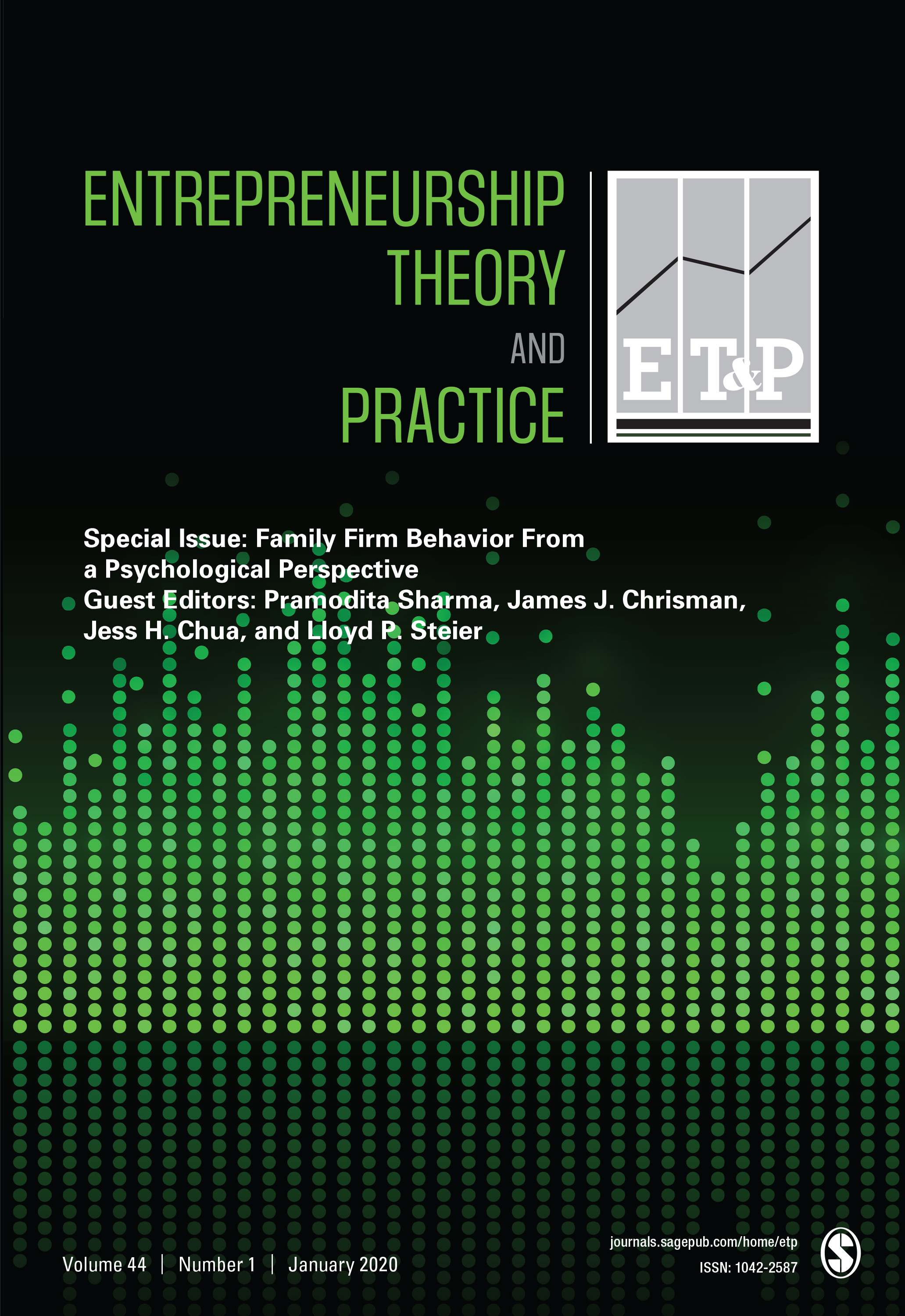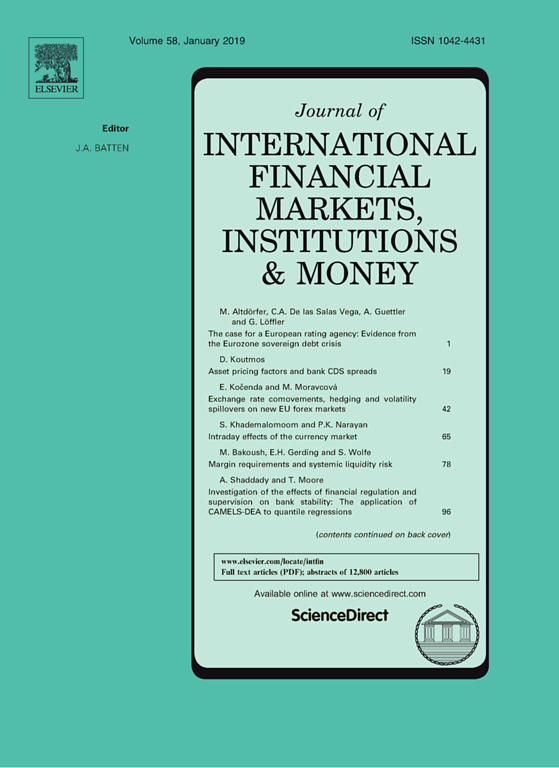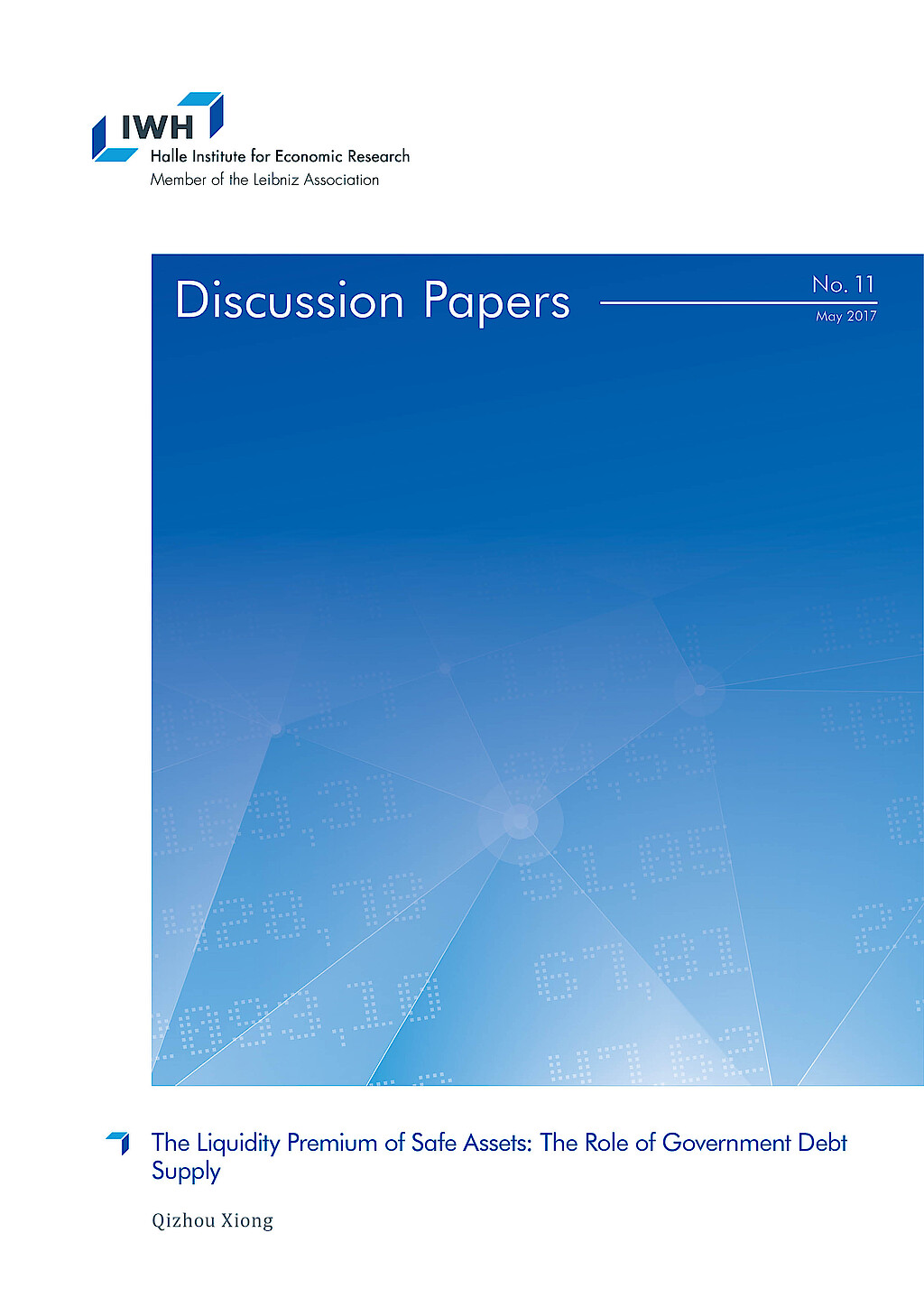Governance und Finanzierung
Diese Forschungsgruppe untersucht traditionelle und moderne Ansichten über Corporate Governance auf den Finanzmärkten. Sie trägt dazu bei, die Wirksamkeit verschiedener Governance-Mechanismen bei der Auswahl von Talenten, der Schaffung von Anreizen und der Bindung an das Unternehmen zu verstehen. Die Gruppe untersucht auch, wie verschiedene Stakeholder die Corporate Governance beeinflussen.
Forschungscluster
Finanzresilienz und RegulierungIhr Kontakt

- Abteilung Finanzmärkte
Referierte Publikationen

Equity Crowdfunding: High-quality or Low-quality Entrepreneurs?
in: Entrepreneurship, Theory and Practice, Nr. 3, 2021
Abstract
Equity crowdfunding (ECF) has potential benefits that might be attractive to high-quality entrepreneurs, including fast access to a large pool of investors and obtaining feedback from the market. However, there are potential costs associated with ECF due to early public disclosure of entrepreneurial activities, communication costs with large pools of investors, and equity dilution that could discourage future equity investors; these costs suggest that ECF attracts low-quality entrepreneurs. In this paper, we hypothesize that entrepreneurs tied to more risky banks are more likely to be low-quality entrepreneurs and thus are more likely to use ECF. A large sample of ECF campaigns in Germany shows strong evidence that connections to distressed banks push entrepreneurs to use ECF. We find some evidence, albeit less robust, that entrepreneurs who can access other forms of equity are less likely to use ECF. Finally, the data indicate that entrepreneurs who access ECF are more likely to fail.

VC Participation and Failure of Startups: Evidence from P2P Lending Platforms in China
in: Finance Research Letters, May 2021
Abstract
We investigate how VC participation affects the failure of startups. Using a unique dataset of the survival of peer-to-peer (P2P) platforms in China, we identify two types of failures, bankruptcy, and run off with investors' money. The Competing Risk Model results show that while VC participation reduces bankruptcy hazard, it has little impact on the runoff failures. The findings are robust to the use of matched subsamples that disentangle the influence of pre-investment screening by VC. Further analysis of exit routes reveals that conditional on failure, VC participation is associated with a higher chance of running for the exit.

Are Credit Rating Disagreements Priced in the M&A Market?
in: Journal of International Financial Markets, Institutions and Money, May 2021
Abstract
This paper examines the effect of credit rating disagreements on merger and acquisition (M&A) decisions. We show that acquirers with split ratings prefer to use stock to finance their acquisitions. More importantly, we find that acquirers with split ratings experience lower announcement returns. Further analysis shows that overpayment by acquirers with split ratings is concentrated in acquirers with entrenched managers. Our results are robust to alternative identification strategies. Overall, our evidence indicates that credit rating disagreements are heavily priced in the M&A market.

Financial Analysts' Career Concerns and the Cost of Private Debt
in: Journal of Corporate Finance, April 2021
Abstract
Career-concerned analysts are averse to firm risk. Not only does higher firm risk require more effort to analyze the firm, thus constraining analysts' ability to earn more remuneration through covering more firms, but it also jeopardizes their research quality and career advancement. As such, career concerns incentivize analysts to pressure firms to undertake risk-management activities, thus leading to a lower cost of debt. Consistent with our hypothesis, we find a negative association between analyst career concerns and bank loan spreads. In addition, our mediation analysis suggests that this association is achieved through the channel of reducing firm risk. Additional tests suggest that the effect of analyst career concerns on loan spreads is more pronounced for firms with higher analyst coverage. Our study is the first to identify the demand for risk management as a key channel through which analysts help reduce the cost of debt.

The Influence of Bondholder Concentration and Temporal Orientation on Investments in R&D
in: Journal of Management, Nr. 3, 2021
Abstract
Although innovation can be a critical source of competitive advantage, research has found that debt can erode management’s willingness to invest in R&D. In this article, we employ a stakeholder bargaining power perspective to argue that this effect is most pronounced when the firm’s bonds are concentrated in the hands of bond blockholders. Furthermore, we contend that the temporal orientation of bondholders influences this relationship. Specifically, while it is commonly assumed that bondholders have a limited temporal orientation that induces them to focus on short-term value appropriation, we argue that some bond blockholders adopt a long-term temporal orientation. This orientation, in turn, makes them more inclined to support long-term value creation for the firm in the form of enhanced investments in R&D. Moreover, while agency theory suggests that there is an inherent conflict of interest between shareholders and bondholders, our results suggest that the temporal orientation of investors (i.e., both shareholders and bondholders) matters much more than whether they invested in the firm’s equity or its debt.
Arbeitspapiere

The Liquidity Premium of Safe Assets: The Role of Government Debt Supply
in: IWH Discussion Papers, Nr. 11, 2017
Abstract
The persistent premium of government debt attributes to two main reasons: absolute nominal safety and liquidity. This paper employs two types of measures of government debt supply to disentangle the safety and liquidity part of the premium. The empirical evidence shows that, after controlling for the opportunity cost of money, the quantitative impact of total government debt-to-GDP ratio is still significant and negative, which is consistent with the theoretical predictions of the CAPM with utility surplus of holding convenience assets. The relative availability measure, the ratio of total government liability to all sector total liability, separates the liquidity premium from the safety premium and has a negative impact too. Both theoretical and empirical results suggest that the substitutability between government debt and private safe assets dictates the quantitative impact of the government debt supply.

Censored Fractional Response Model: Estimating Heterogeneous Relative Risk Aversion of European Households
in: IWH Discussion Papers, Nr. 11, 2015
Abstract
This paper estimates relative risk aversion using the observed shares of risky assets and characteristics of households from the Household Finance and Consumption Survey of the European Central Bank. Given that the risky share is a fractional response variable belonging to [0, 1], this paper proposes a censored fractional response estimation method using extremal quantiles to approximate the censoring thresholds. Considering that participation in risky asset markets is costly, I estimate both the heterogeneous relative risk aversion and participation cost using a working sample that includes both risky asset holders and non-risky asset holders by treating the zero risky share as the result of heterogeneous self-censoring. Estimation results show lower participation costs and higher relative risk aversion than what was previously estimated. The estimated median relative risk aversions of eight European countries range from 4.6 to 13.6. However, the results are sensitive to households’ perception of the risky asset market return and volatility.










